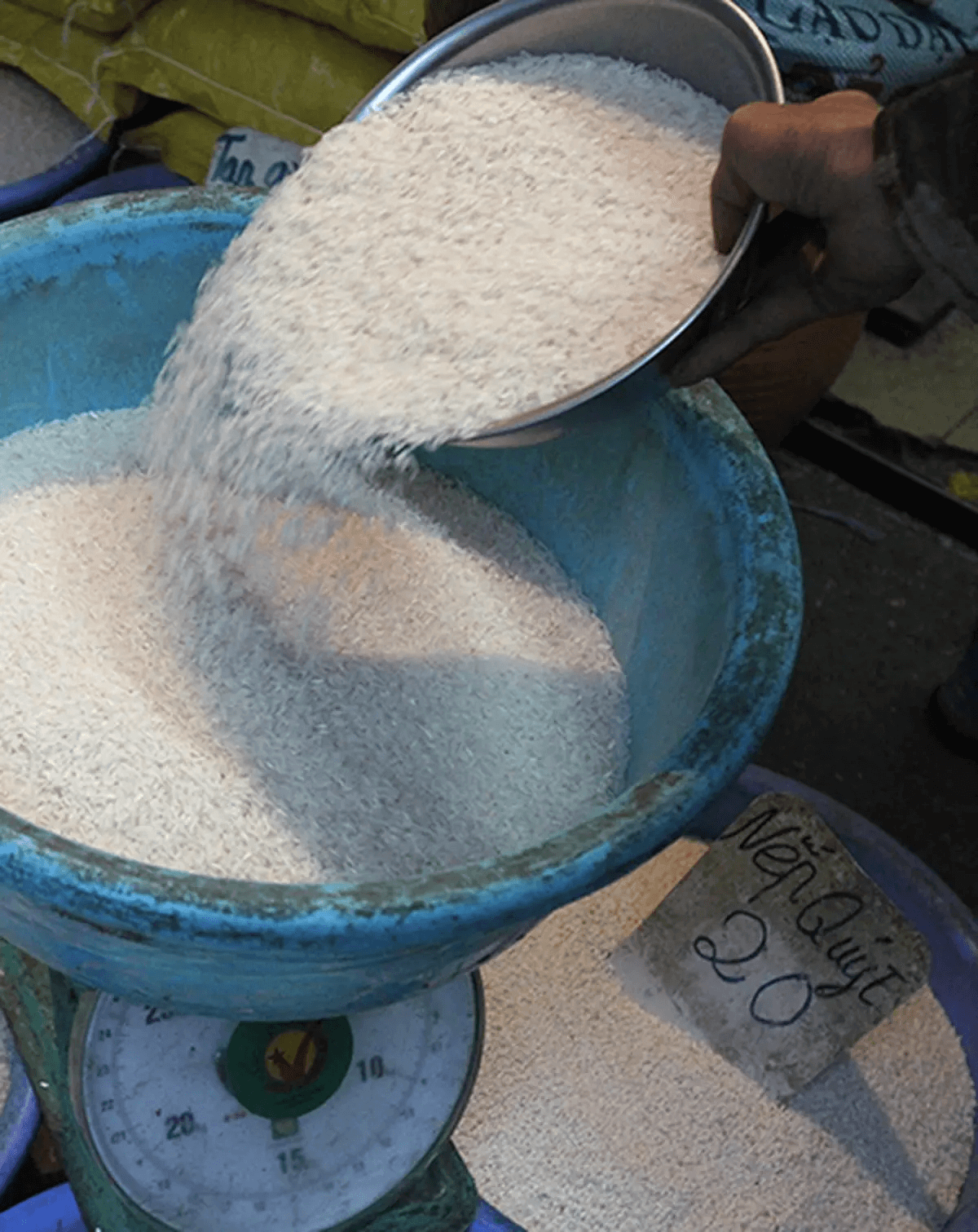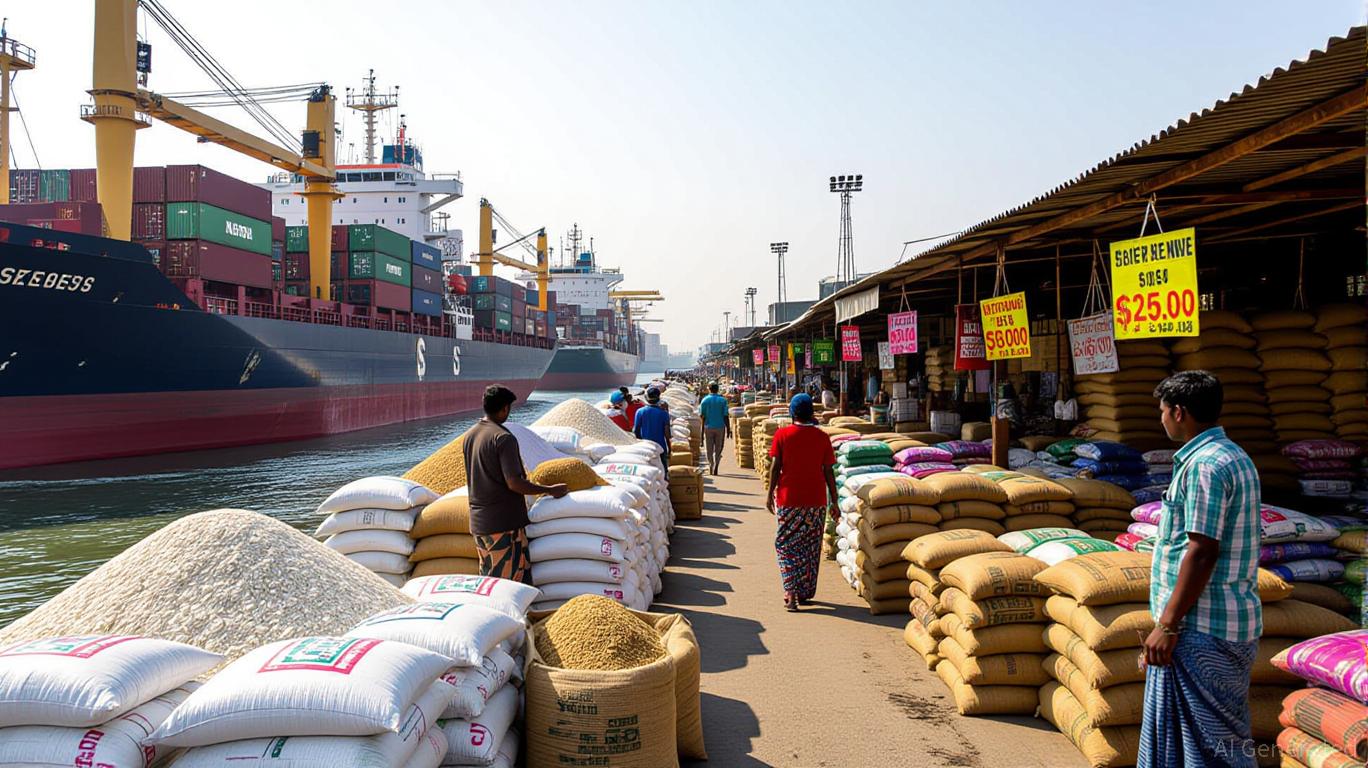Tags
Big debate over rice
BEING the staple food of most Filipinos, rice is the country’s most important crop. Yet our leaders, from the President to the lawmakers in Congress, seemed clueless on what really should be done to stabilize the price of rice and to ensure its adequate supply for the population.
It used to be that the National Food Authority (NFA) had the authority to import rice from abroad whenever it thought that the nation’s buffer stock was nearing danger levels. The NFA also buys “palay” from local farmers during the harvest season, helping both the farmers and the consumers by doing away with middlemen.
‘As things stand, and with President Marcos’ backing, it is likely that the RTL amendments will pass both the House and the Senate, despite the objections from Villar.’
They took that mandate away from the NFA by passing the Rice Tariffication Law (RTL). The objective of this law is to ensure enough supply of grain by easing its importation by private businessmen, with the view of lowering rice prices. It did not happen because the price of rice in the market is much higher than when the RTL was not yet around.
Now President Marcos Jr. wants to amend the Rice Tariffication Law to revive the NFA’s power to import rice, even promising to certify the bills to this effect as urgent. House Speaker Martin Romualdez, who has a tight control of the congressmen, dutifully complied.
On Tuesday, the House of Representatives approved on second reading the measure seeking amendments to the RTL. The chamber approved in plenary through voice voting House Bill (HB) 10381, which seeks to restore the price stabilization and supply regulation functions of the NFA.
The bill proposes that the Agriculture Secretary, upon the recommendation of the National Price Coordinating Council or Local Price Coordinating Council, may declare a food security emergency when there is a shortage in the supply of rice; a sustained increase in the price of rice; or extraordinary increase in the price of rice. When such cases occur, the NFA may use existing inventory, primarily intended for buffer stocking, to supply areas where price increases or supply shortages occur.
It also mandates the maintenance of sufficient buffer stock requirements sourced from local farmers’ organizations and cooperatives. If the buffer stock requirement is still not sufficient, the NFA is allowed to, in the following order: purchase locally milled rice; purchase up to a maximum of 30 percent brought in by accredited importers at cost; and, as a final recourse, once all domestic sources have been exhausted, directly import rice, subject to explicit authorization from the agriculture secretary.
In the Senate, Sen. Cynthia Villar immediately flagged the proposed move, citing instances of alleged corruption hounding the NFA. Villar, who chairs the Senate’s panel on agriculture, food, and agrarian reform and is also one of the proponents of the law, said only importers and middlemen are veering themselves away from the RTL. She noted that the measure, which is set to expire in 2024, has to be renewed.
Villar emphasized that no one wants to discard RTL but she expressed apprehension about empowering the NFA again in selling and buying rice. Even Sen. Imee Marcos expressed concerns about the idea of returning to the NFA the responsibility of importing rice, still citing the agency’s long history of corruption and inefficiency. The NFA is an attached agency of the DA, and even when President Marcos was the DA secretary, bad elements in that agency continued their nefarious activities without letup, as news reports and legislative investigations proved.
This prompted Secretary Francisco Tiu Laurel to explain thus: “The real intention is not to give full power back to the NFA, but use NFA only as a conduit to operationalize certain moments of intervention maybe once or twice a year. But not through the authority of anybody in the NFA.”
As things stand, and with President Marcos’ backing, it is likely that the RTL amendments will pass both the House and the Senate, despite the objections from Villar. We are on the cusp of trusting the NFA again in the highly sensitive rice trade, and we can only hope that this time, this agency will not fail the public.
https://malaya.com.ph/news_opinion/big-debate-over-rice/Published Date: May 16, 2024






